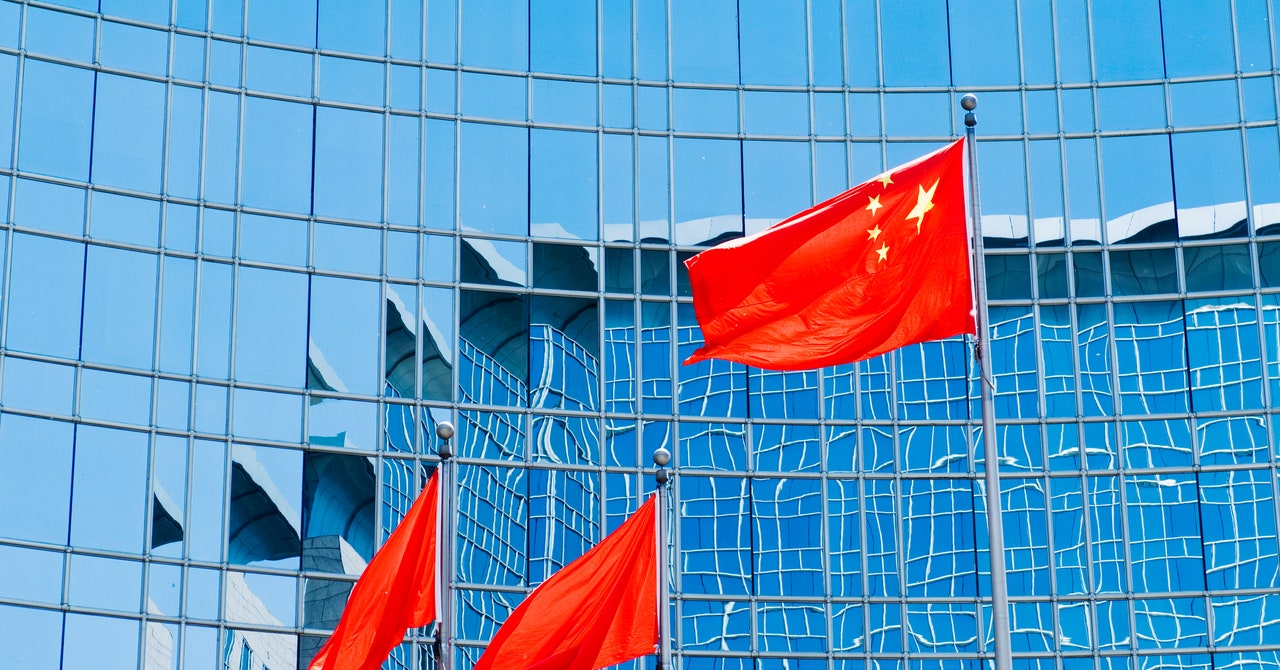China’s technical regulation goals often contradict what the rest of the world is trying to do. “Nothing or very little about what is being done in China holds the power of the biggest data processor of them all: the Chinese government,” said Jamie Susskind, a data and technology lawyer at London law firm 11KBW. Within China, officials have turned their attention to regulating domestic tech companies to the point of submission. The wider techlash has already led to Alibaba co-founder and executive chairman Jack Ma withdrawing from public life and is rumored to be behind the decision of Zhang Yiming, the founder of ByteDance, to step down as CEO.
Ma’s dramatic fall is typical of China’s approach to regulation. “Looking at China’s enforcement model, we’ve lost sight of the fact that regulation shouldn’t just rein in private companies,” said Susskind. “It should also limit the power of the state.” This is rarely the case in China. The challenge, Webster adds, is to untie the areas where China and the rest of the world share common goals — and areas where China pursues goals that democracies would find abhorrent.
Take, for example, China’s synthetic media design rules. The proposals, presented in January, call for restrictions on the distribution of deepfake content — a problem that has devastated not just China, but the entire world. According to the rules, something “synthetic” cannot be promoted through algorithms. Apps promoting deepfake content can face criminal charges and fines of up to RMB 100,000 ($15,000). However, China is one of the main developers of deepfake technology, including the homegrown app Zao, which became popular in 2019.
But China’s recent spate of high-profile moves against big technology is also a sign that officials are catching up with the rest of the world. For years, the country, like many others, has grown the tech sector as a major driver of economic growth. And as a result, the sector was closely linked to the political elite. For example, Alibaba’s Ma has been a member of the Chinese Communist Party since the 1980s. Such proximity allowed certain tech founders to lobby officials for preferential treatment. “Chinese regulations used to be very lax,” Zhang says. “Recent enforcement largely restores the balance between regulation and innovation.”
And in some cases, Chinese policymakers are adapting ideas from the West. The EU’s General Data Protection Regulation inspired not only the California Consumer Privacy Act, but also similar moves within China, including that country’s Personal Information Protection Law, which limits the amount of personal data private companies are allowed to collect. (The state can, of course, collect anything it wants.) The concept of looking at what the world is doing and then molding a suitable solution for China isn’t unique to technology, Webster says. “This is exactly how Chinese policymakers work: they actively compare other systems.”
Chinese regulators might tinker with elsewhere to some degree, but they are making their own way with the way they want to control the tech sector. And as more regulation rolls in, it will only further fragment an already fragmented internet. But, Webster argues, there may be lessons to be learned what China takes action, instead of how it’s about it. “There are smart people who are working hard to reshape China’s digital economy,” he says. “The job isn’t that different, even though the political systems are.”

